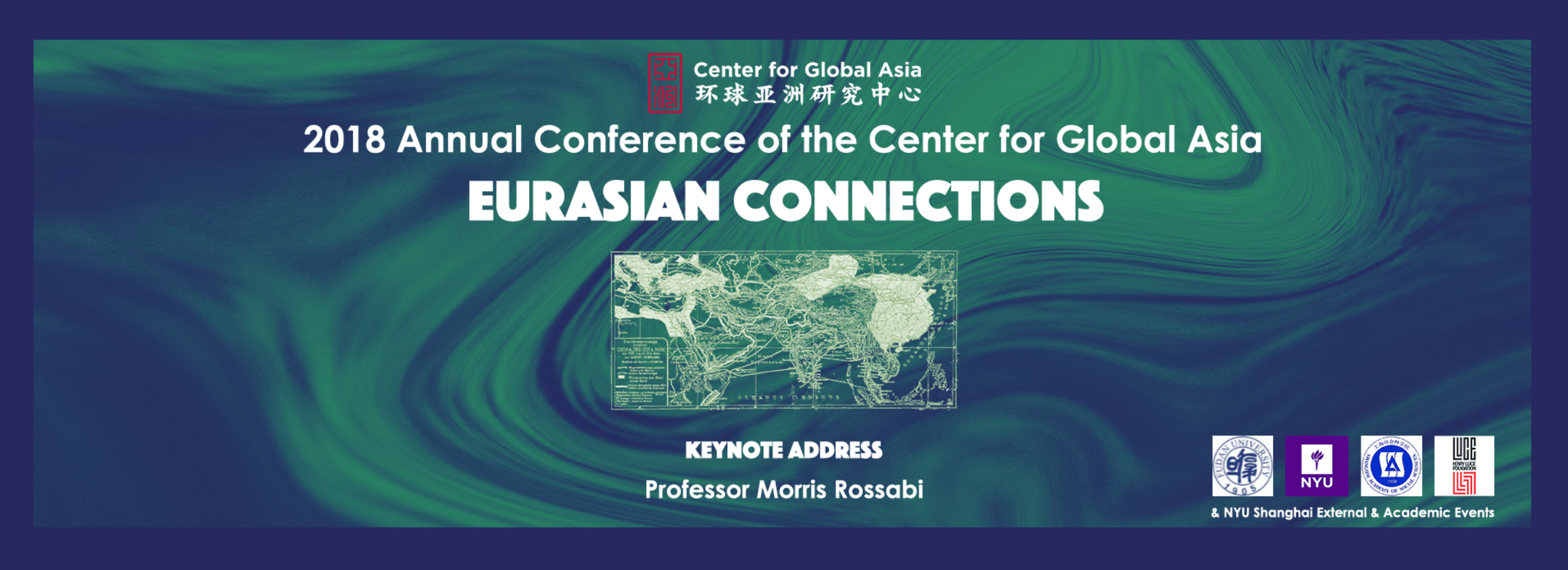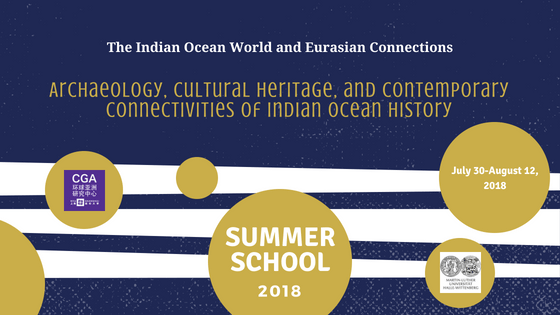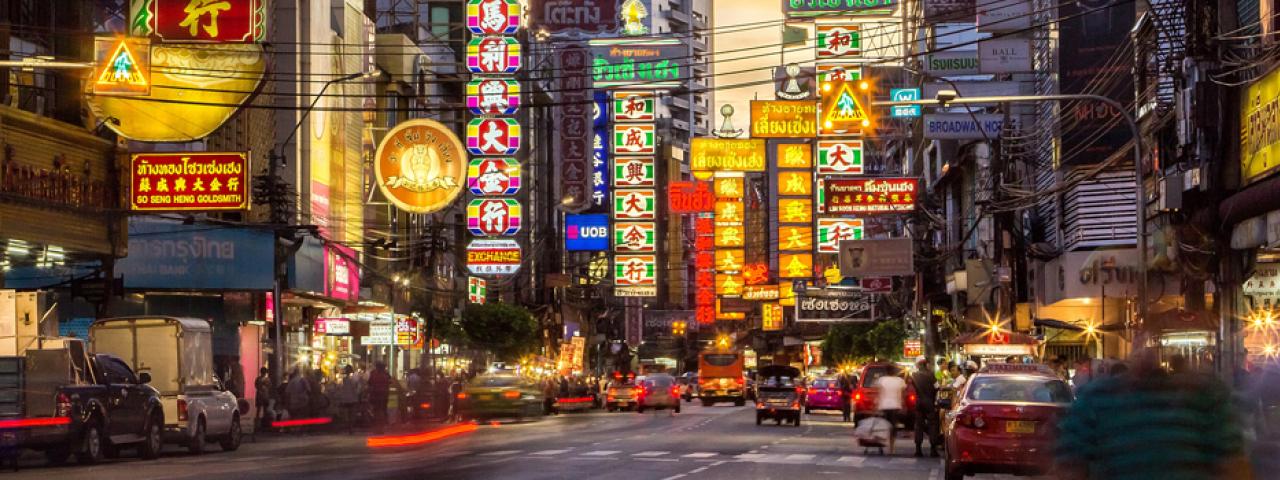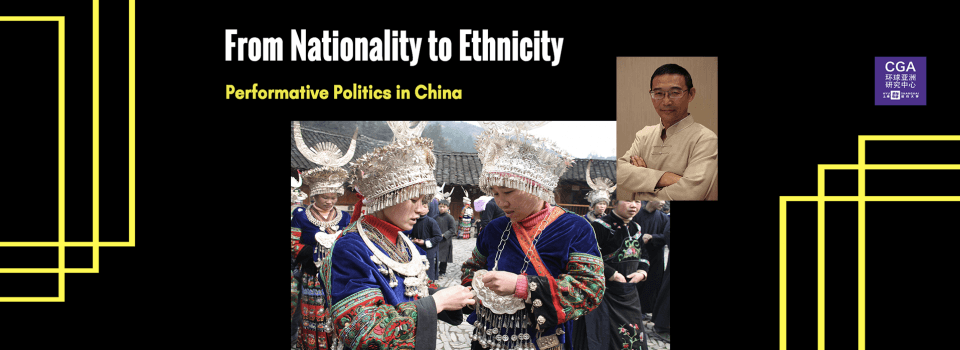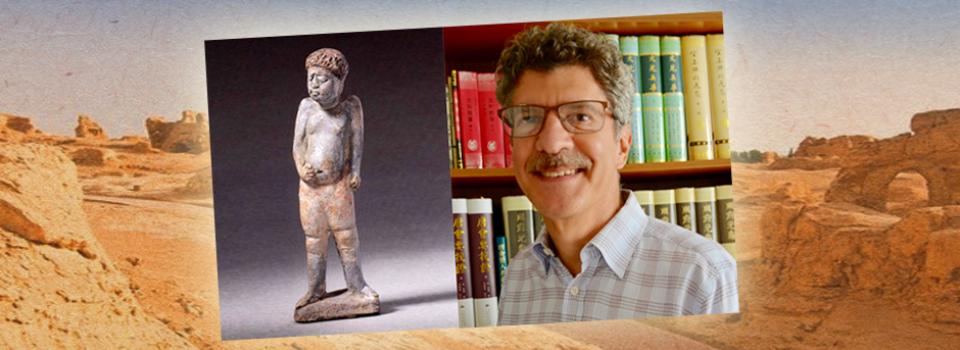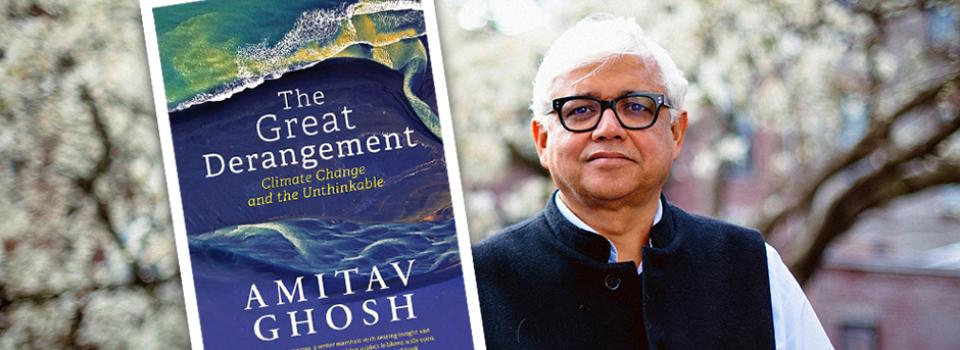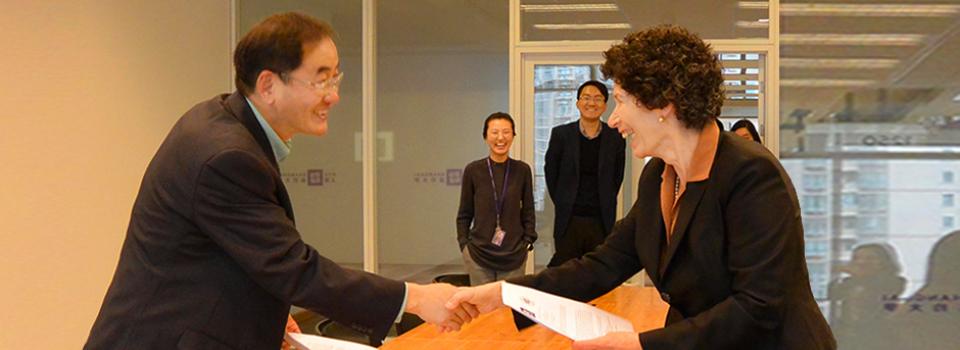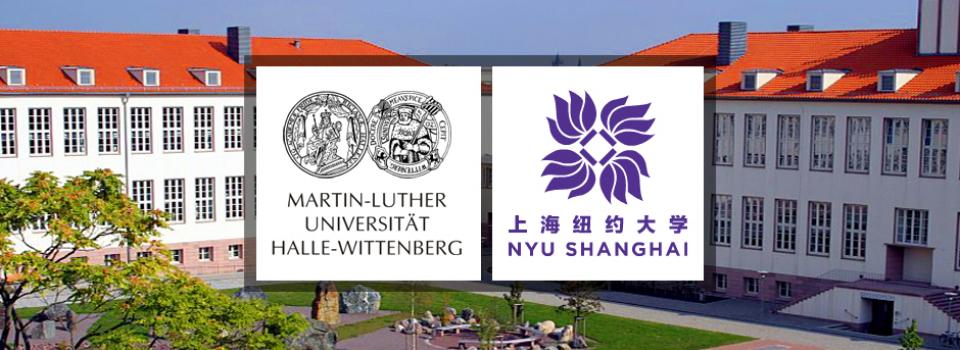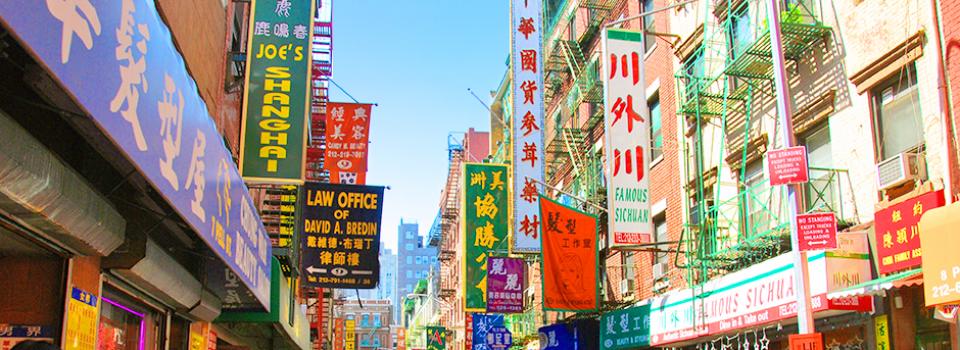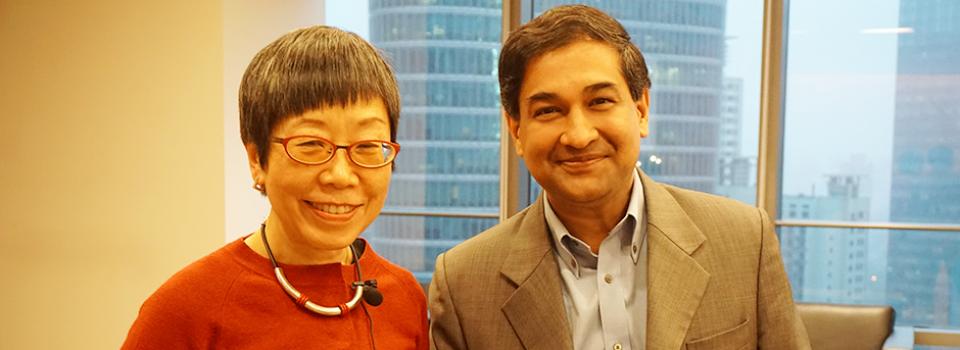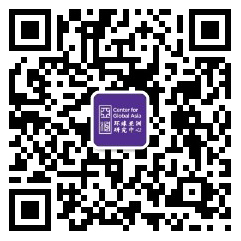2018 | Eurasian Connections | Xi Gao
Xi Gao Fudan University Biography Xi Gao is professor of history at Fudan University. Xi Gao has contributed widely to the history of science, medicine, and global history from the eighteenth to the twentieth century. Her research interests include the medical missionary and the Chinese medical modernity, the history of medical cultural exchange between West and East from the global perspective. Recently she has worked on the history of material culture in the global trade. She has published a monograph entitled A Biography of John Dudgeon A British Missionary and Chinese Medical Modernization in the Late Qing and several research articles in English volumes and international journals on the history of culture. 「 Western Study of the History of Chinese Medicine in the Nineteenth Century 」 The process in which Occidental doctors propagated modern European medical knowledge in China impacted the understanding and perception of Chinese medicine. This presentation focuses on Western doctors’ concise account of Chinese medicine and relevant history, aiming to probe into how these aspects influenced Chinese historians and Chinese doctor’s view points with regard to traditional Chinese medicine, along with the mode of writing of history of Chinese medicine, under the context of “otherness” and scientific narrative. #NYUShanghai Facebook Twitter Instagram Weibo Youtube CONTACT US Email: cga@nyu.edu Phone Number: +86 (21) 20595032 WeChat: NYUShanghaiCGA Address: 1555 Century Avenue, Pudong New Area, Shanghai, China. © 2018 All Rights Reserved © 2018 All Rights Reserved ON THE SITE About Us People Events News Publications Research Projects Database #NYUShanghai Facebook Twitter Instagram Weibo Youtube MAIN LINKS New York Shanghai Abu Dhabi             CONTACT US Email: cga@nyu.edu Phone Number: +86 (21) 20595032 WeChat: NYUShanghaiCGA Address: 1555 Century Avenue, Pudong New Area, Shanghai, China.


